Graham Reid | | 1 min read
Moana and the Tribe: Aotearoa
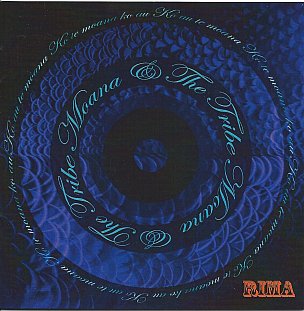
For my money the most powerful, enjoyable and important act on the mainstage at this year's Womad in Taranaki – and there were some over-acclaimed but perfunctory internationals – was Moana and the Tribe.
They delivered a thumping, visually powerful and cleverly calculated implosion of waiata, haka and electronica-flavoured soul-funk. Moana also won the crowd with self-effacing humour while shoving in necessary politics about globalization as she stood between the side-stage signs for the festival's multinational sponsors.
It was quite some feat to pull together on Whole World's Watching that memorable chant from the Springbok tour with a message about corporate rapaciousness, then bring it home to a dancing crowd with the primary school song Oma Rapeti/Run Rabbit delivered with all the stadium-shaking power of Bob Marley's Exodus.
And we knew what rabbits she meant.
That extraordinary and multilayered song – one of many by her in the past two decades which include Treaty, Moko and Ancestors – opens this dub-affected album where Pitch Black's Paddy Free, now a longtime Tribe member, steers much of it into a new genre of waiata-dub and punchy dancefloor-directed songs where politics and te reo slip in effortlessly.
Aotearoa and Seashell -- both with Moana's heartfelt evocations of this fragile country, the latter coloured by guitarist Cadzow Cossar's psyche-rock -- are among the standouts, alongside the ambient dub and echoed Upokohue (with atmospheric taonga puoro) and the soundscape of Ko Au.
The terrific Water People has allusions to haka and soul, a yearning vocal by Aboriginal singer Djakapurra Munyarryun and Horomona Horo on taonga puoro. And bagpipes. As with Whole World's Watching it successfully draws these diverse elements into a coherent whole.
The final song Not Alone is an uplifting and spiritual closer over shimmering guitar.
There are however well-intentioned but weak points here: Warrior Woman is affirmative but somewhat ordinary dub-reggae and the folksy House of Strife – co-written by Don McGlashan, Moana and Free – contains a pointed message about the position of tangata whenua in 21st century Aotearoa but musically is a mundane inclusion in this context. It sounds like it belongs on another album.
But mostly this is a powerful and important collection and – although recorded in Piha, Rotorua and Glasgow – it's also Moana and the Tribe's best sounding album yet.
Highly recommended.
There is an archival interview with Moana Maniapoto at Elsewhere here, and more on her music/albums here.
To listen to Moana and the Tribe's best of collection at Spotify go here.

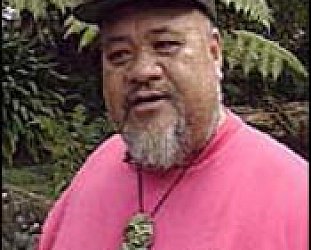
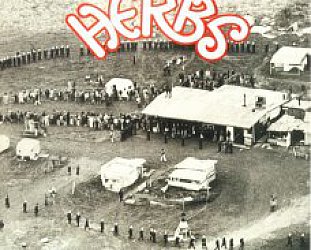

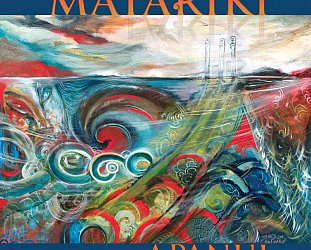

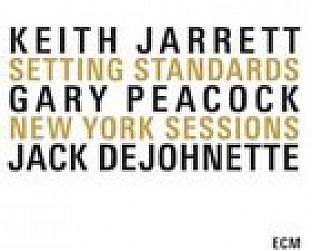
post a comment